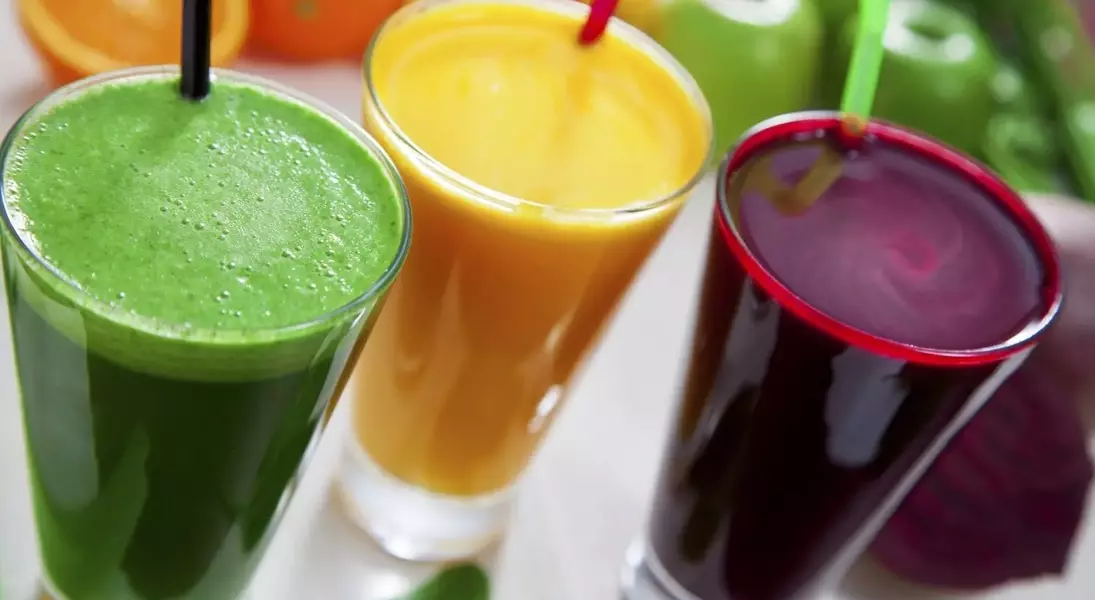
In a recent study conducted by scientists at Northwestern University, researchers have discovered that short-term juice cleanses can lead to significant changes in the composition of gut and mouth bacteria. This shift may be harmful due to the lack of fiber and high sugar content in juices. The research compared three different diets over a period of three days, revealing that participants on a juice-only diet experienced an increase in bacteria associated with inflammation. While juicing is often seen as a convenient way to consume fruits and vegetables, this study suggests that it might not be as beneficial as previously thought without adequate fiber intake.
Research Uncovers Risks of Juice-Only Diets on Microbiome Health
In the heart of autumn's vibrant hues, a team of researchers from Northwestern University embarked on a groundbreaking study to explore the impact of various diets on the human microbiome. The investigation involved 14 volunteers who were assigned one of three distinct dietary regimens for a duration of three days: a plant-based diet, a typical juice-fast diet, and a mixed diet combining juices with whole foods. Throughout the experiment, the participants' oral and gut microbiomes were meticulously analyzed before, during, and after the trial period.
The findings revealed a striking transformation in the mouth microbiome of those adhering strictly to a juice-only regimen. Specifically, there was a notable decrease in beneficial Firmicutes bacteria, accompanied by an increase in Proteobacteria, which has been linked to inflammatory responses. Moreover, individuals on the juice-only diet also exhibited subtle changes in their gut microbiome, with a relative rise in bacteria associated with gut permeability, inflammation, and cognitive decline. In contrast, those following a combined juice and whole food diet experienced less pronounced shifts, while those on a plant-based diet saw potentially positive alterations.
The researchers concluded that these changes could be attributed not only to the absence of fiber but also to the elevated sugar levels present in juices. Although the study was conducted on a small sample size, it underscores the importance of maintaining a balanced diet rich in fiber, even when engaging in juice cleanses. Dr. Melinda Ring, director of the Osher Center for Integrative Health at Northwestern University’s Feinberg School of Medicine, emphasized that blending fruits and vegetables or pairing juices with whole foods could mitigate the adverse effects on the microbiome.
This study serves as a reminder that while juicing may seem like a quick and easy way to boost health, it is crucial to consider its potential drawbacks. The research highlights the significance of fiber in maintaining a healthy gut and mouth environment, urging consumers to approach juice cleanses with caution and moderation.
